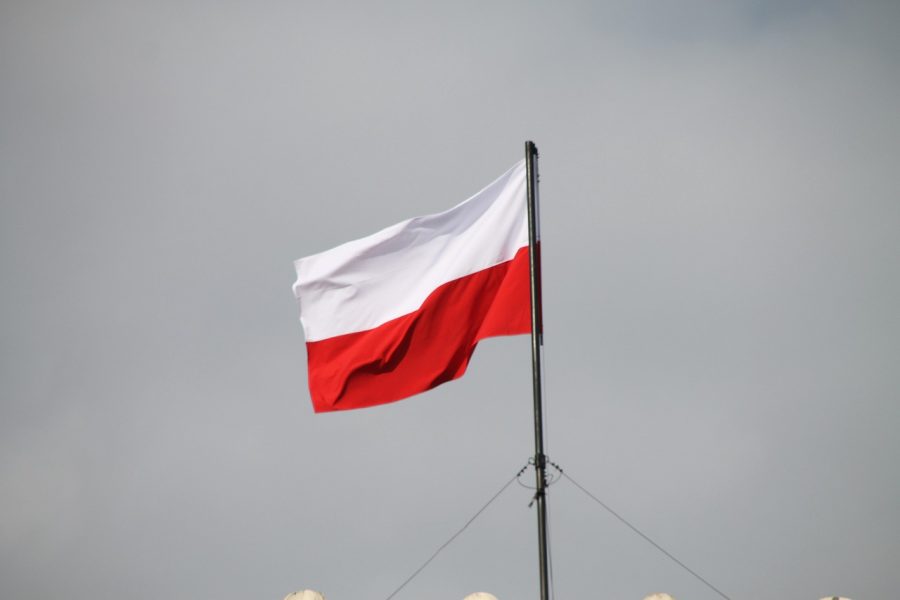Women Protest Over Poland Abortion Law
Poland Flag.
October 30, 2020
In Warsaw, Poland, women’s rights activists are leading another day of protests, despite the pandemic’s restrictions, in response to strict abortion laws.
Protests started after the Constitutional Tribunal ruled on October 22nd that it was unconstitutional to terminate a pregnancy due to fetal congenital defects, effectively banning almost all abortions.
In Warsaw, protestors blocked rush-hour traffic at a number of major roundabouts with drums, horns and firecrackers. Similar protests were held in other cities such as Poznan, Lodz, and Katowice. Additionally, protestors are defying “red zone” bans on public gatherings intended to stop the spike of COVID-19 cases in Poland.
Dr. Andrzej Matyja, the head of a doctors’ group, spoke on Radio Zet, criticizing the timing of the ruling during the pandemic, saying it amounted to an “irresponsible provoking of people to rallies” where social distancing cannot be maintained.
Maciej Jedrzejko, a medical doctor, said that the ban will result in a rise in increasing rates of dangerous, illegal abortions. He said sex education and access to contraceptives are the best way to limit the number of abortions.
Before the ruling, abortions were allowed in Poland only when the pregnancy threatened the woman’s health, or in instances of rape or incest.
Women’s Strike, the group organizing the protests, says that forcing women to carry through pregnancies involving fetuses with severe defects will result in physical and mental suffering for the woman. Marta Lempart, group leader, said there will be a protest march on Friday in Warsaw.
Six states in the United States currently ban women getting abortions when the fetus’ heartbeat can be detected, which is six weeks into pregnancy. Like in Poland, the U.S. government questions the morality of abortion and whether a woman has the right to do what she wants with her own body, whether or not a baby is involved.


